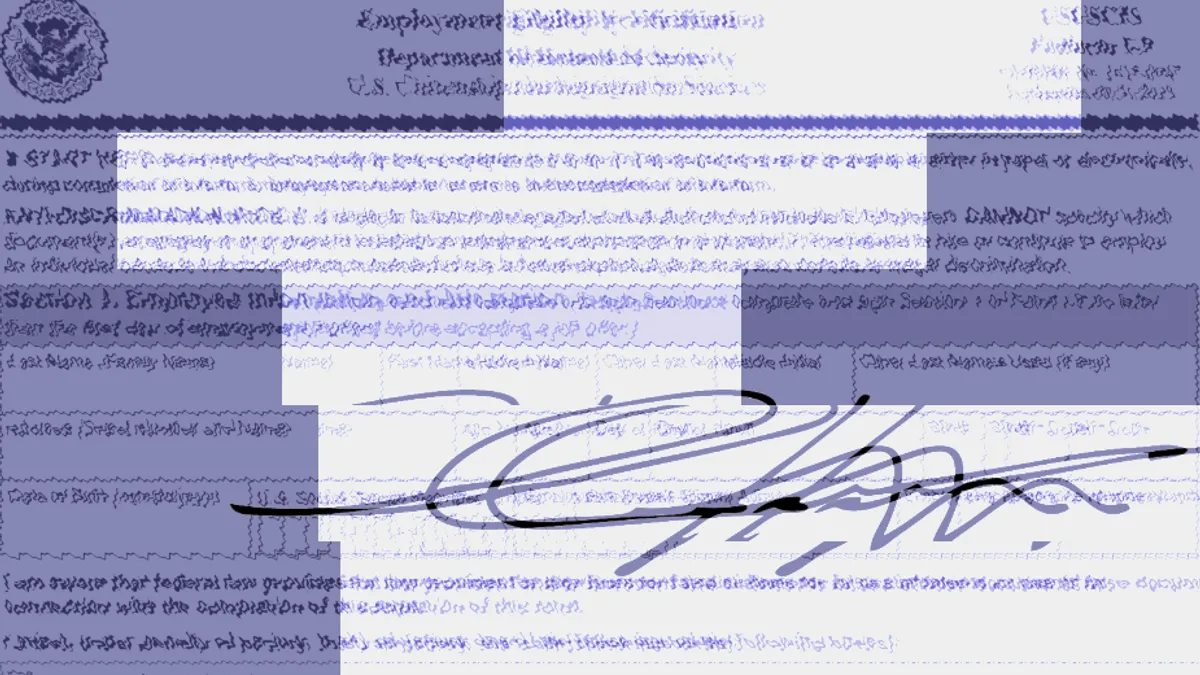Dive Brief:
- Several academic programs now train HR professionals to advocate for pay equity in the workplace, reports the Washington Post. In 2015, women working full time earned 80% of what men earned, black women earned 63% of white men’s pay and Hispanic and Latina women received 54%.
- Georgetown University’s master’s degree program focuses on ensuring that employers’ hiring, pay and promotion policies are fair. The University of Maryland’s master’s degree program teaches students to identify pay gaps and find solutions.
- The HR management certificate program at George Mason Learning Solutions, meanwhile, includes both diversity and inclusion in its core curriculum. The Post says that aligns with organizations that have created HR positions dedicated to diversity and inclusion.
Dive Insight:
With academic programs offering specialization in closing pay gaps, HR professionals can now add public policy advocacy to their traditional HR functions.
Having an HR manager dedicated solely to diversity and inclusion could benefit organizations or industries that struggle with diversity hiring. That's been a challenge particularly for members of the tech industry, both in and outside of Silicon Valley.
Besides undergoing pay equity studies, HR can address compensation gaps by ending the practice of asking job applicants about their previous earnings. Recruiters routinely base salary offerings on applicants’ previous pay, which for women and nonwhites is typically lower than that of white men in similar jobs.
The Paycheck Fairness Act could help end pay inequities. As the Post notes, lawmakers have introduced the bill multiple times but lacked the votes to pass it. It’s not clear whether the Republican-led Congress and Senate will support it or even make it a priority.
As with other issues impacting the workplace, state and municipal governments may soon pick up the pace on solving pay gaps if Congress doesn't act. Governor Andrew Cuomo of New York has already issued executive orders directing public entities to be more transparent with pay data and to stop asking pay history questions in interviews.












